What do you look for when buying new cosmetics?
Do you avoid products packaged in plastic? Do you only buy vegan products? Do you buy natural cosmetics? Do you pay attention to seals and certifications? Do you look for cruelty-free cosmetics?
Since 2013, there has been a comprehensive ban on animal testing for cosmetics in the EU : Animal testing may not be carried out for cosmetic products or ingredients, and cosmetics that have been tested on animals in third countries may not be sold in the EU.
These EU bans , however, only apply to new products and ingredients , while the "old" ones can still be sold without restriction. Furthermore, the bans only apply to ingredients used exclusively for cosmetic purposes. As soon as an ingredient is also used in other products, such as pharmaceuticals, cleaning agents, paints, etc., it also falls under regulations such as the Medicines Act or the Chemicals Act, which legally require animal testing for approval.
The Organisation for Economic Co-operation and Development (OECD) determines which animal tests are required for chemicals such as cosmetic ingredients and which alternative methods are accepted. Since cosmetics are by definition intended for external use, cosmetic products and ingredients are typically tested primarily for skin and eye safety.
For example, in animal experiments on rabbits, chemicals are either dripped into the eye as a liquid , administered as a powder, or sprayed into the eye as a gas, without the animal being able to defend itself . The extent of the eye damage is then assessed. Similarly, chemicals are applied to or injected into the skin of guinea pigs. These animal experiments always accept the risk of severe reactions that cause considerable suffering for the animal .
However, there are now animal-free alternatives that are recognized by the OECD and can demonstrably predict the effects on skin and eyes. For this purpose, three-dimensional models of the cornea and the upper layers of human skin are reconstructed, replicating the original in structure and function.
Since these alternative methods are models made from human cells , the results are more transferable and can more reliably assess safety for human health.
What can you do if you only want to buy cosmetics that are not tested on animals?
For example, look for the PETA certificate :
PETA only includes pet food manufacturers with clear policies against animal testing on its positive list. These are companies whose corporate policy unequivocally opposes animal testing and thus helps to prevent animal suffering and eliminate it entirely in the future. They provide PETA with written assurance of this commitment, similar to our cosmetics list – only then are they included on the positive list. Many companies now address the issue of animal testing on their websites or in response to consumer inquiries. Their answers often need to be read very carefully to understand the true stance.
Our products carry the "PETA Approved Global Animal Testing Policy" certification because we do not conduct (or commission) any animal testing for our products. This is also unnecessary, as we only use natural ingredients. Our vegan products additionally carry the "PETA Vegan Approved Global Animal Testing Policy" certification.
If you want to delve deeper into the topic:
Article in ZEIT CAMPUS


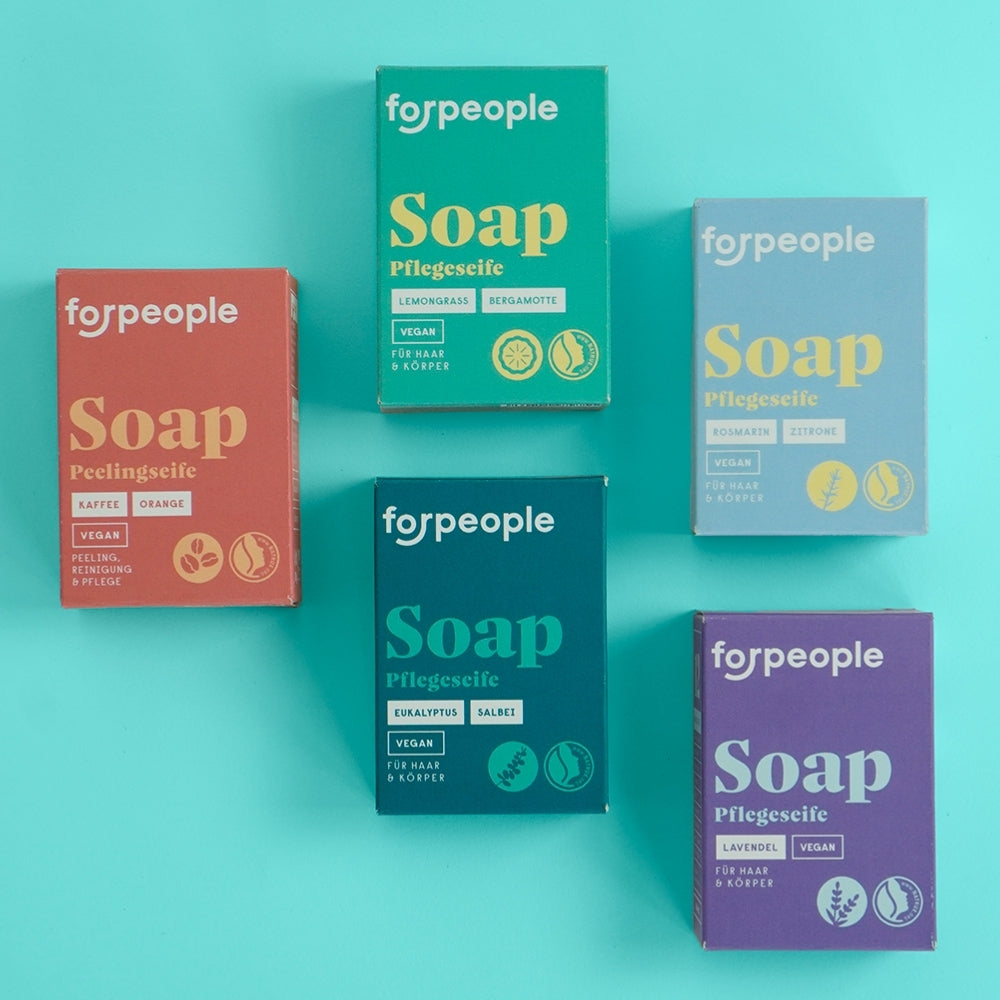
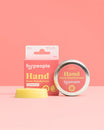
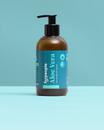
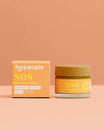
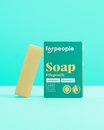
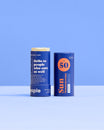
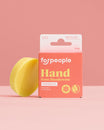
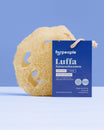
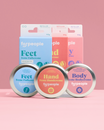
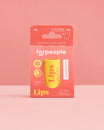
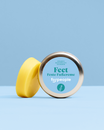
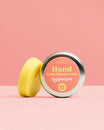
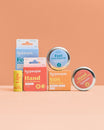
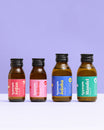
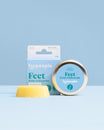
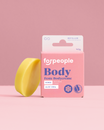
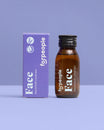
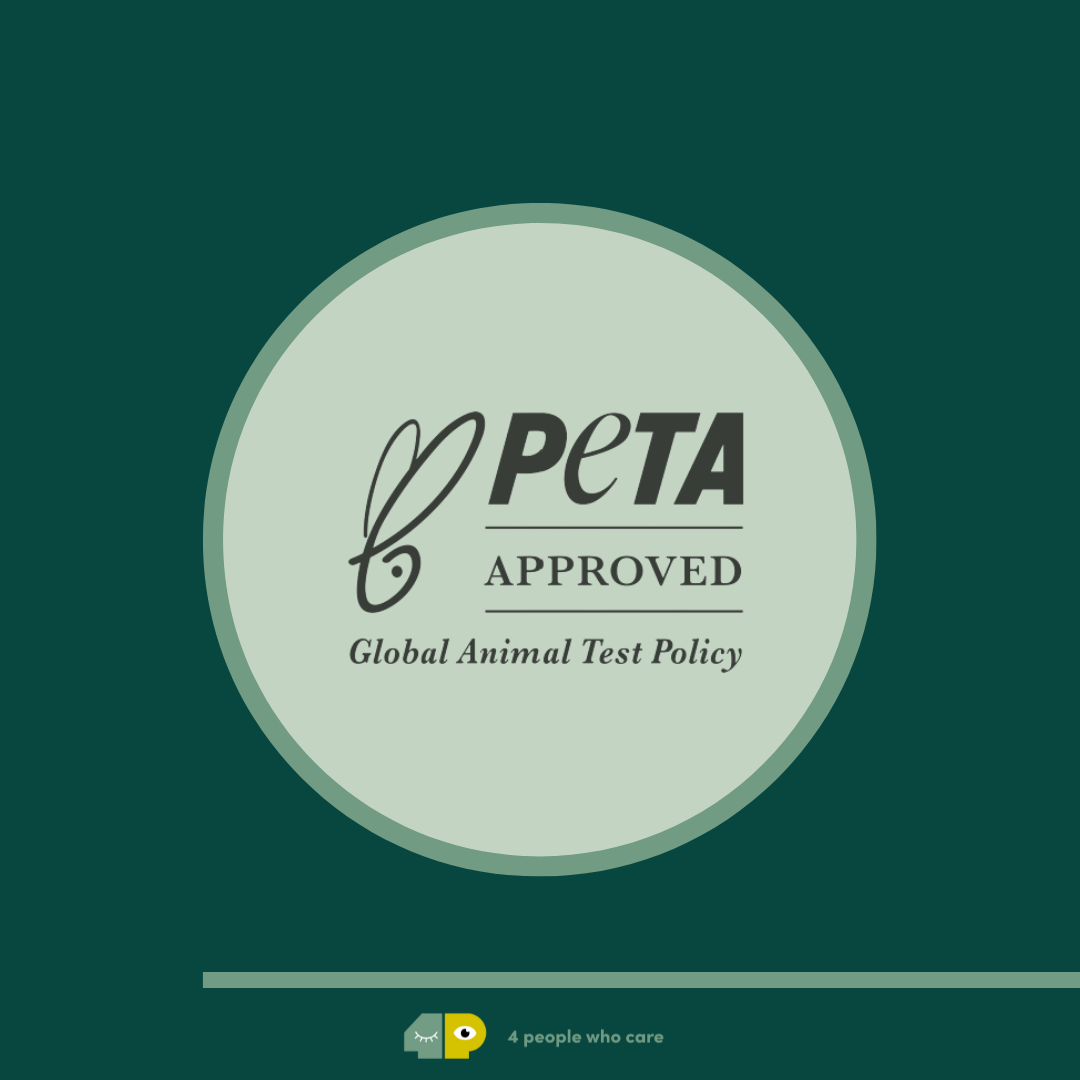

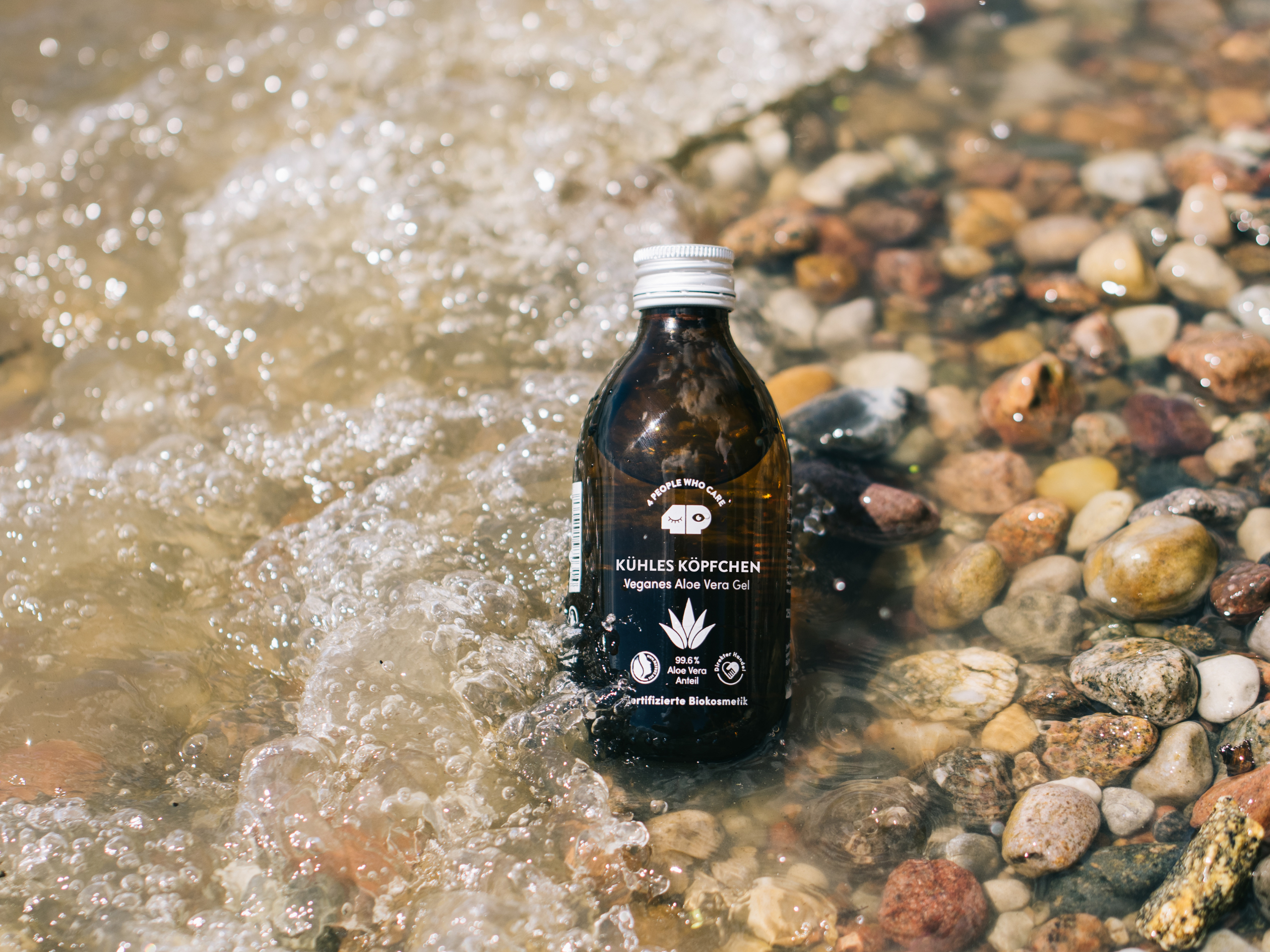
Leave a comment
This site is protected by hCaptcha and the hCaptcha Privacy Policy and Terms of Service apply.